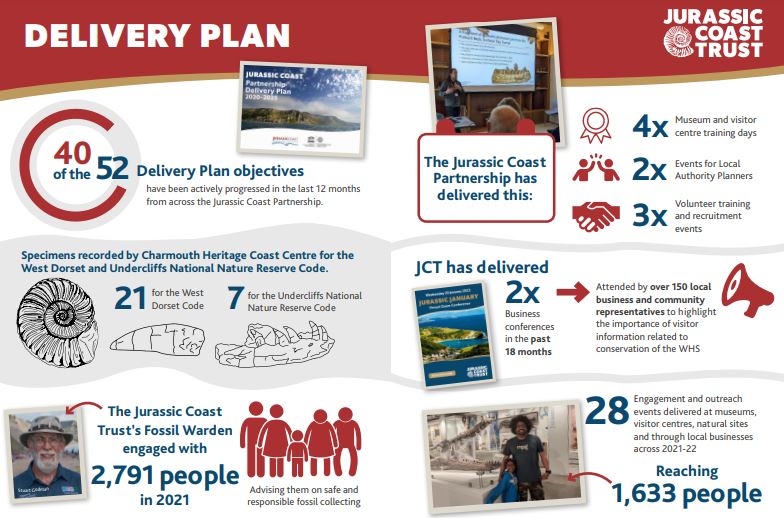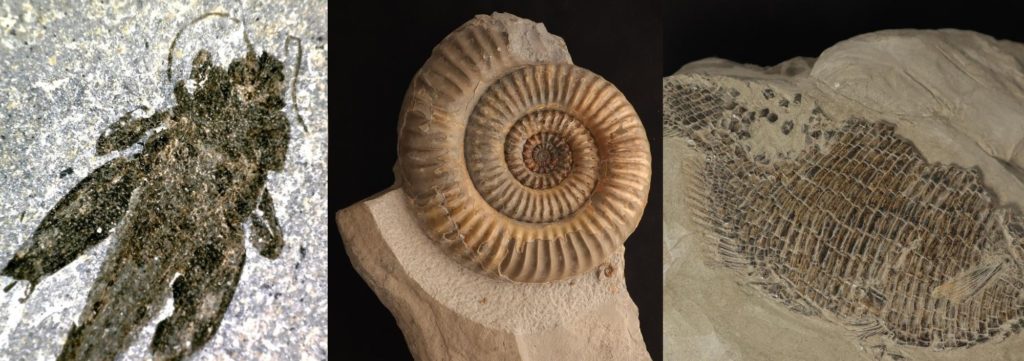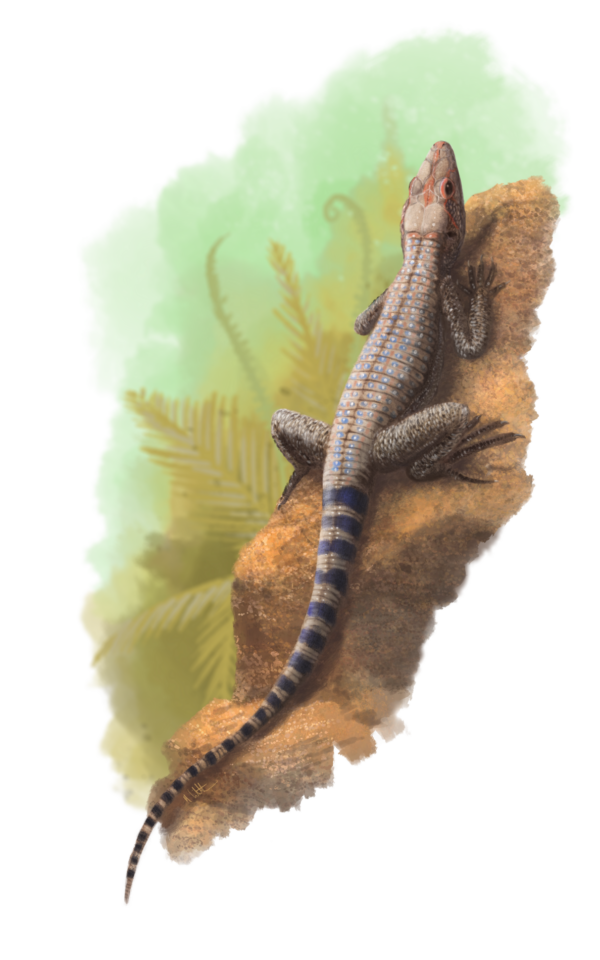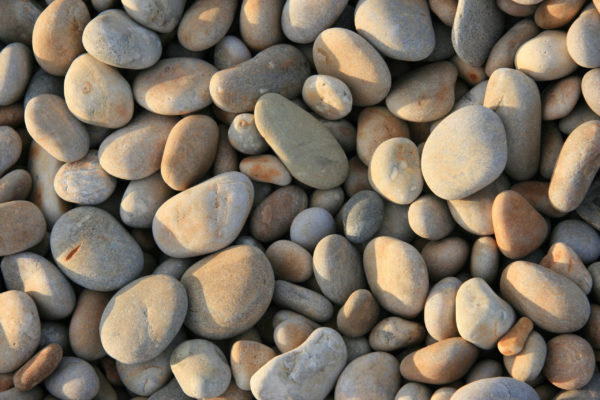The Jurassic Coast Trust (JCT) have undertaken an annual review of the key priorities identified in the 2020-2025 World Heritage Site Partnership Plan (the Plan) and are pleased to share positive progress in over 75% of the objectives to date.
The Plan, which sets out objectives to achieve the identification, conservation and sustainability of the Outstanding Universal Value of the site, as well as its national, regional and local values, was compiled through consultation with the Jurassic Coast Trust Partnership Advisory Committee (PAC) and other stakeholders including landowners, businesses, communities, museums and visitor centres and statutory bodies.
Partners from across the coast have assisted with updating the plan, from Dorset AONB to the Environment Agency, Historic England to Natural England and many museums, visitor centres and local communities across the 95 mile stretch of coast.
The Jurassic Coast Trust leads many of the priority areas of work on the plan and is a key stakeholder in other areas. The full updated version of the Plan, following the review is available here.

Some of the key priorities identified as part of this review include:
-
Charmouth Heritage Coast Centre have successfully maintained the West Dorset and Undercliffs Fossil Collecting Codes and their activities promote responsible fossil collecting in many different ways. As fossil hunting becomes increasingly popular, improved communication with collectors is key, and the Jurassic Coast Trust Partnership Advisory Committee will continue work to achieve this. The Jurassic Coast Trust employed an additional part time fossil warden in 2021 and this position has subsequently expanded to a full time fossil warden role in 2022.
-
A number of the actions and outcomes referenced in the Plan align with JCT 's current work on the Jurassic Coast Collection (JCC). Many key stakeholders are actively involved in the JCC Working Group and contribute to our objectives via this channel. It has always been our ambition that partners would help to steer the project and that their ambitions would be authentically considered throughout.

L to R: An exceptionally well-preserved cricket from the early Jurassic Period; Xipheroceras ammonite from Charmouth; Dapedium (fish) fossil.
-
As part of the 20th anniversary of World Heritage Site inscription celebrations, JCT are presenting a series of exhibitions that achieve objectives outlined in the Plan. We are working with Charmouth Heritage Coast Centre on the digitisation of the fossil collecting codes in order to improve accessibility and generate new opportunities for scientific research. A recently installed exhibition at Sidmouth Museum showcases exceptional local fossils and demonstrates the potential for collaborative working; it has enabled us to share ongoing scientific research led by scientists at Bristol University with communities in and around East Devon.

Feralisaurus corami, a new species of reptile from the Triassic rocks of Sidmouth. © Mark Witton
-
As part of our wider work on the JCC, we are investing in and launching a new digital database to share the collection with a global audience; continued registration of fossils will enable this resource to expand. We have also worked with a number of local museums to deliver a training programme that helps to raise awareness of the significance of palaeontology on the Jurassic Coast. To help us understand how best to conserve and protect the Site 's legacy, the JCT is currently scoping a feasibility study to consider the development of a new facility dedicated to the Site 's exceptional fossil record and geological story.
-
Accessibility, diversity and social inclusion is now embedded in all digital content planning and creation at JCT. A focus on accessibility and enjoyment of the coast by all is currently highlighted by a Jurassic Coast challenge embarked on by Ryan Eddowes, supported by the JCT. Research has been conducted and a funding proposal submitted in the hope that a project specifically looking at the accessibility of the coast will be able to take place later this year. Although there is more that can be done, training is ongoing and communications open to ensure accessibility, diversity and social inclusion is at the heart of our content.
.jpg)
Rebecca Johnson with her dog Flint near Chapmans Pool in Purbeck
-
JCT staff are involved in the Media Trust 's Weston Communicating Climate Programme which aims to reach, power and impact climate change communications. The programme will provide tools for partners to communicate climate change as they relate it to the Jurassic Coast and its communities.
-
The 'Pebbles People ' project, initiated as part of the 20th Anniversary celebrations, invites partners to collaborate each month on a video series highlighting the human connection to the geology that unites us. Training and technical assistance is provided by us where appropriate. May 's Pebbles People showcases the decorated pebbles that many museums, visitor centres and business partners have hidden for visitors to find. Again, this initiative encourages collaboration via the use of social media, by highlighting the partners on our social media channels and sharing content from partners.

Pebbles at Eype. © Jon Mould via Flickr
The Jurassic Coast Trust welcome questions relating to the Partnership Plan, you can contact us at info@jurassiccoast.org
Related
Comments
Comments are disabled for this post.


 to add an item to your Itinerary basket.
to add an item to your Itinerary basket.



